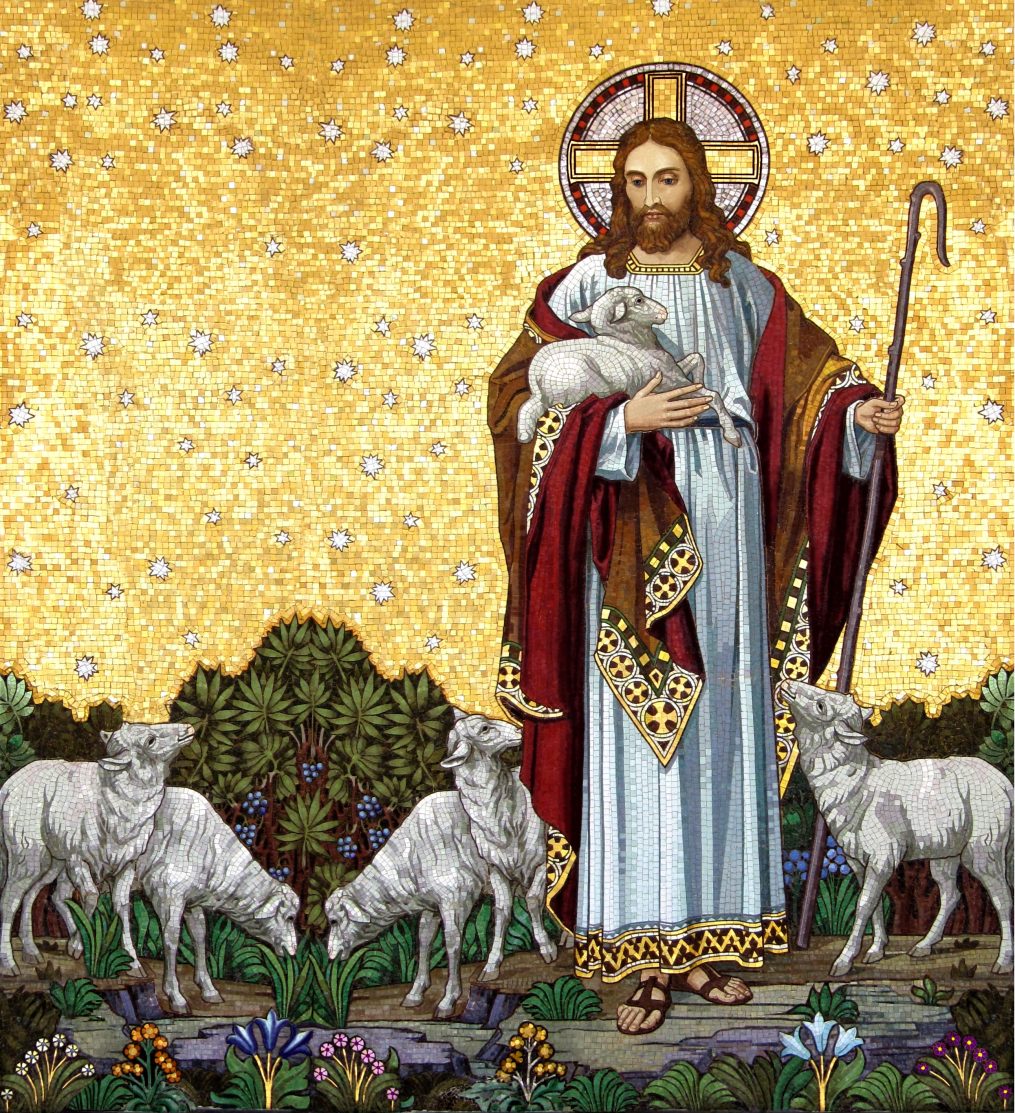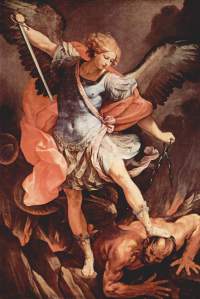Liturgical Colour : White
Dear brothers and sisters in Christ, today’s readings, is truly all about children, as in the first reading, from the Book of the prophet Isaiah, mentioned how we are like children to the Lord, whom the Lord will send His love, care and providence, and how the Lord will bring gladness to us, like that of a father who loves his children with all of his heart, protecting and providing for the wellbeing of the children.
And in the Gospel, as written by St. Matthew, showed us the bickering and competition among the Apostles and the disciples of Christ, on who would be considered the greatest among them, in the kingdom of heaven. And Jesus brought to Himself a child, whom He made into a model for the Apostles, chiding and rebuking their childish ways of fighting amongst themselves for meaningless purpose.
Rather, Jesus mentioned to His Apostles, that if they want to be found worthy of the kingdom of heaven, they must be like children in their faith. Not childish in their faith and in their way of life, but instead to be as innocent and pure in their faith in life as those possessed by the young children. Those who know children and how they are like would immediately know how pure they are, untainted by the ways, the concerns, and ultimately the corruptions that exist in the world.
And when a child believe in something, they really hold on to it very strongly, and they believe without a single grain of doubt, such purity it is within their hearts, before the corruption of the world and the darkness of the world taint them. And indeed, the Apostles and disciples of Christ who bickered and quarrelled over who would be the greatest in the kingdom of heaven exactly showed us what kind of corruption that the world and the darkness of evil can have on us.
Human desire, that is desire for fame, wealth, possessions, glory and many other things, as well as human pride, hubris, jealousy, arrogance, and greed, as well as many other negativity that exist in us are what had caused a great gap and indeed, a rift to develop between us and the Lord, our loving Father. Our Lord and God loves us dearly, as we clearly heard in the way He proclaimed it to the prophet Isaiah.
But that rift of our pride, of our greed, of the darkness that is in us separate us from the love and grace of God. And that is truly dangerous and harmful, for we have just two choices, either life and glory in God or death and eternal damnation in hell, away forever from God. If we choose to cling on to our disobedience and our way of violence and evil, the taints of darkness within our hearts, then we move dangerously closer and closer towards damnation awaits us.
Brothers and sisters in Christ, today we celebrate the feast day of a great and holy woman, a renowned saint, known as the Little Flower, and more appropriately, the Little Flower of Jesus in full. She is St. Therese of Lisieux, also known as St. Therese of the Child Jesus and the Holy Face, a Discalced Carmelite religious nun, who devoted her entire life and work to the cause of the Lord and His people.
St. Therese of Lisieux was very renowned both during and after her life in her piety and her spirituality, and she was truly devoted and dedicated in complete faith to her Lord and God, and ever since her mother passed away very early in her life, she had been alone in the world, and in her loneliness as well in her constant sickness, she suffered greatly, in silence and in sorrow.
St. Therese of Lisieux encountered a divine experience as she grew older, and she experience a complete transformation of herself, where once she felt sorrow and suffering, the love and joy of Christ had entered her and made her anew. She entered the religious life following the example of her older sister before her. She took on the name of Therese in honour of St. Teresa of Avila, the founder and the great saint of the order of the Discalced Carmelites.
She persevered through the difficult life of a religious sister, despite her weakness and constant sickness, and even amidst the persecution and ridicule from her fellow sisters, who ridiculed her apparent lack of talent in doing the many things which the sisters committed themselves to do at that time. And eventually she discovered what she named as the ‘Little Way’, which is the way of surrendering all to God, and putting all our trust in God, just like that of a child.
In this, St. Therese Lisieux proposed the idea that in order for us to attain salvation, we who are mere men and sinners have great difficulties in our effort and our way to reach the Lord and His salvation. Instead, rather than boasting and fighting our way to become greater and mightier, as what the Apostles had done, she proposed that instead we should become smaller and little, and our Lord and loving Father will raise us up to Himself, just like a father who raises up his children.
Therefore, brothers and sisters in Christ, following the examples of St. Therese of Lisieux, through her amazing thoughts and wisdom, and as well as through what our Lord Jesus Christ had taught us Himself, let us all become ever more faithful to our Lord and devote ourselves ever more strongly to Him. Let our faith and our lives be pure and sincere, like that of little children, and cast away all pride, jealousy, hatred, desire and other negativity, the taints of darkness from our hearts.
May our loving God and Father continue to love us tenderly and provide for us, that all of us His children may come to a greater understanding and appreciation of the love He had shown to us, and may draw ever closer to His merciful and loving heart. God bless us all, forever and ever. Amen.

